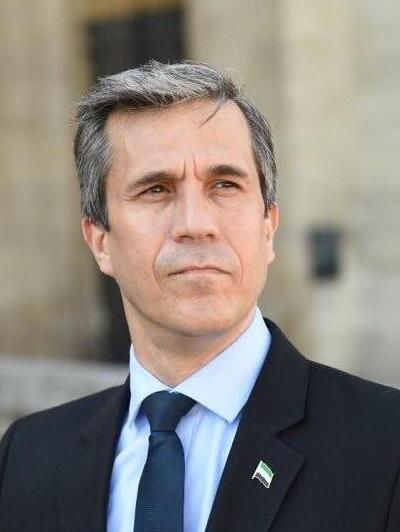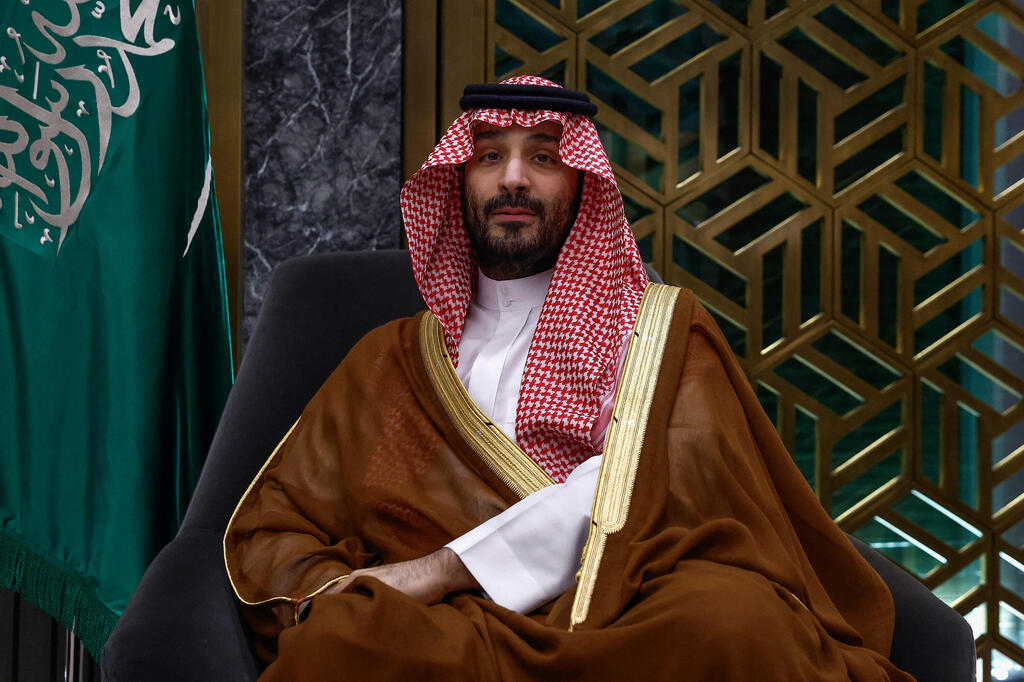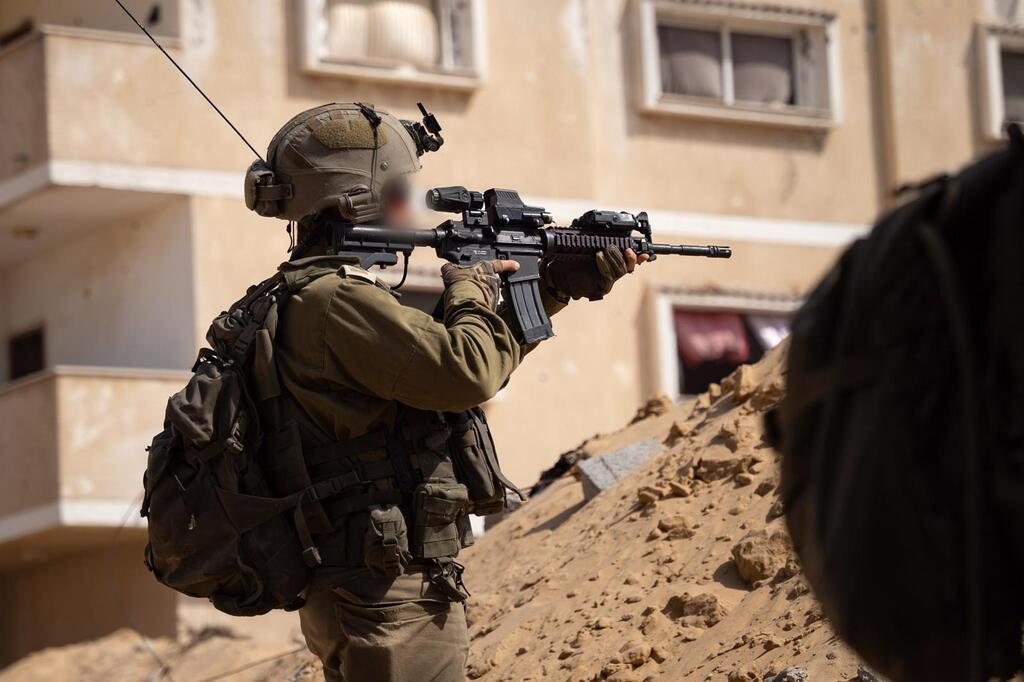Getting your Trinity Audio player ready...
I am not calling for a confrontation between superpowers in the Middle East. On the contrary, this approach could save millions of lives, protect them from displacement and prevent many cities and vital infrastructure from being destroyed.
At the beginning of 2017, I reached out to numerous countries and sent letters to the U.S. administration and most NATO member states, including the secretary general, to explain the need for a Regional Security Council, an Arab-Regional NATO, and an Arab-Regional Intelligence Agency.
My proposal aims to ensure security and regional peace in the Middle East, which is integral to international security and peace. To promote this idea, I dedicated a special report entitled, "Is Regional Peace with Israel Possible?" through the Israeli Institute for National Security Studies (INSS) in 2022.
The concept of the Regional Security Council involves leaders from the Middle East and North Africa sitting at the table to reach consensus, make compromises and find effective solutions to ensure the vital and strategic interests of global powers. Riyadh, the capital of Saudi Arabia, is the ideal host, given its significance in both the Arab and Islamic worlds and its religious and economic importance.
The Arab-Regional NATO would serve as a military arm under the Regional Security Council, operating with NATO’s oversight. This entity, sponsored by the U.S., would reduce the need for American troops in the region. Instead, the U.S. and its allies would provide experts and instructors to help in training, arming and leading joint military operations in the region.
Each member state of the Arab-Regional NATO would contribute several hundred or thousand troops to the alliance. This collective force could quickly respond to potential threats, local confrontations and regional conflicts.
Crucially, as it would consist of soldiers from within the region, it would not be seen as a foreign intervention, avoiding the social and religious backlash often faced by U.S., Israeli or other foreign military forces. For example, when intervening in Lebanon, Gaza or Syria, this alliance would face fewer obstacles than foreign armies.
Given the region’s numerous conflict zones and active frontlines, the Arab-Regional NATO must be established swiftly, especially in light of tremendous strikes targeting Iran’s imperialist project.
I do not foresee any significant clash between Russian forces in Syria and the West. In 2018, I informed the IDF chief of staff that we would not object to having observation and surveillance posts on Syrian territory facing the Golan Heights, providing Israel with security guarantees. A future Syria would recognize Israel and seek a just peace. Syria would never be a base for hostilities against Israel or allow the transit of weapons or terrorists and extremists targeting Israel or any other country.
The Arab-Regional Intelligence Agency would bring together intelligence representatives from member states under the Regional Security Council, facilitating rapid information exchange and collaboration in the fight against terrorism, extremism and organized crime. Within less than three weeks, Israel has achieved significant tactical victories in Lebanon, dismantling Hezbollah forces.
Israel’s successes have not only been military but also strategic, as the current war marks the first time in history that the majority of Syrians and Lebanese favor Israel.
 Fahad Almasri Photo: Courtesy
Fahad Almasri Photo: CourtesyWe are at a turning point in the region, where public opinion in the Arab world has dramatically shifted toward Israel. The hollow slogans of resistance led by Iran have lost their power. In a new Syria, legislation will prohibit the spread of these false narratives.
This change is a strategic victory, laying the foundation for lasting regional peace based on tolerance, mutual recognition and the rejection of extremism, terrorism and antisemitism. It reaffirms what I said in 2016 during a video speech calling for peace between Israel and a new Syria. In that speech, I emphasized that deep social dynamics in Syria would eventually push people to reassess long-held beliefs.
NATO and the Arab-Regional NATO now play an urgent role in Lebanon, particularly in controlling Beirut’s seaport, airport and borders with Syria. The presence of an Arab-Regional NATO would eliminate the need to target Beirut’s airport and allow for the confiscation of weapons stored in tunnels beneath the airport and elsewhere. It would also strengthen the Lebanese army.
Israel’s strikes against Iran and Hezbollah have won the hearts of Syrians and Lebanese. To maintain this support, Israel and its allies should advance toward Damascus and Beirut under the umbrella of the Arab-Regional NATO.
- Fahad Almasri is president of the National Salvation Front in Syria.
Get the Ynetnews app on your smartphone:



